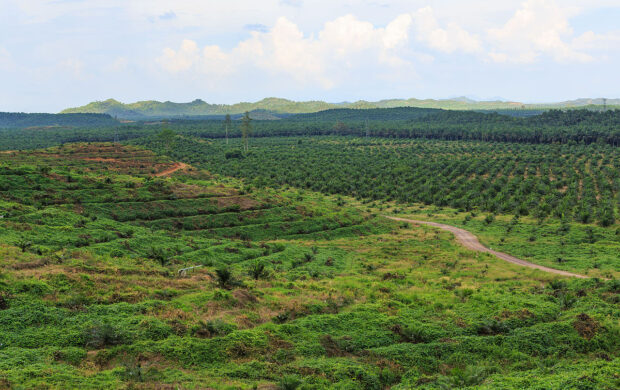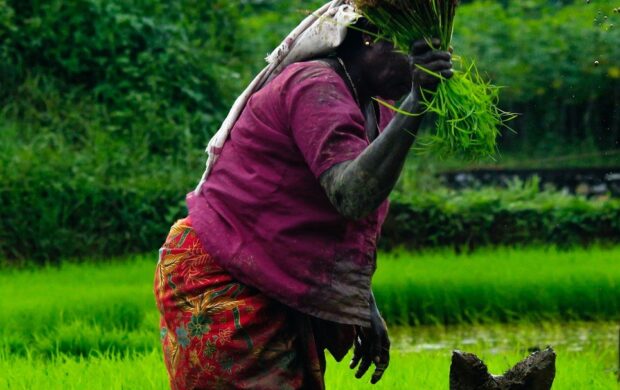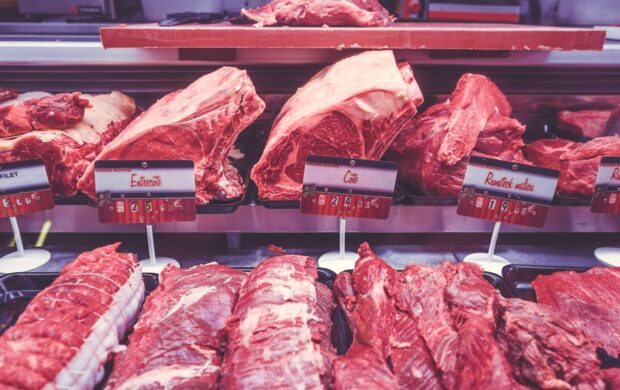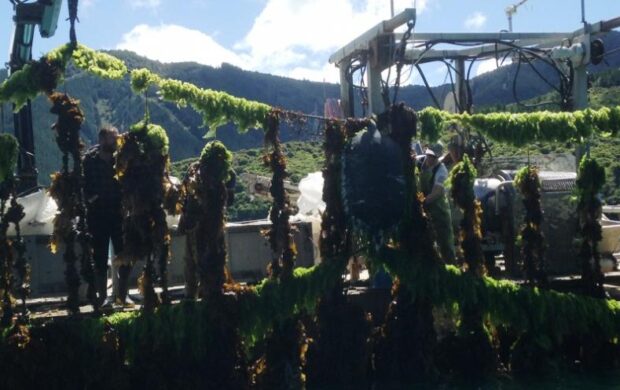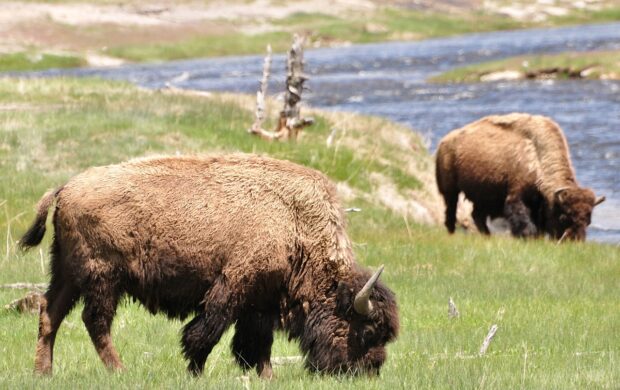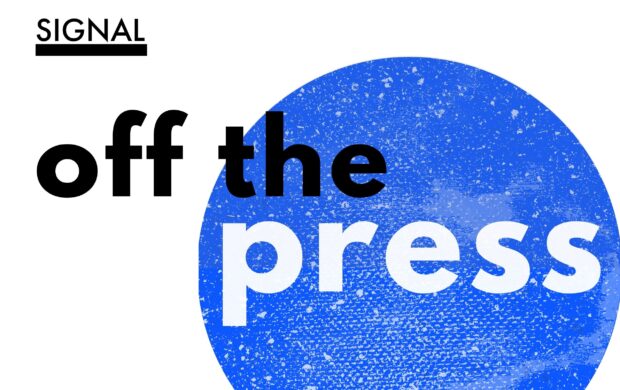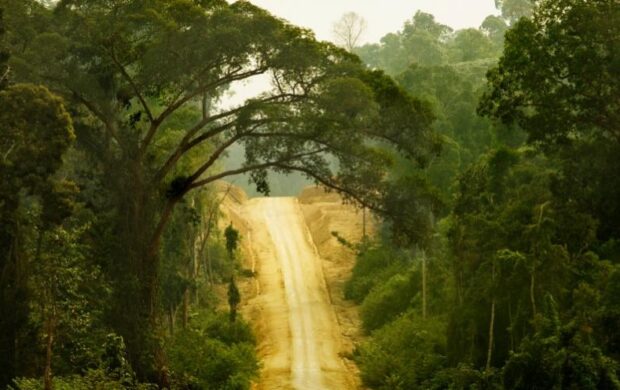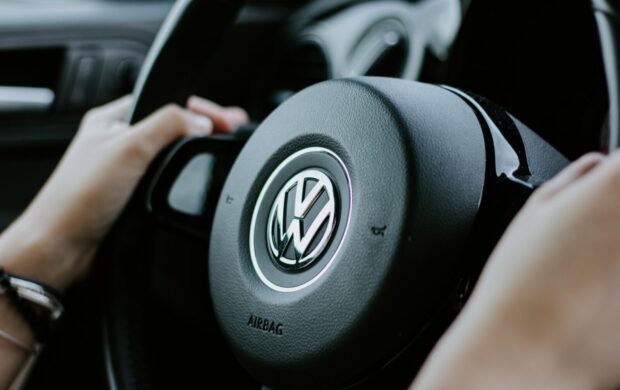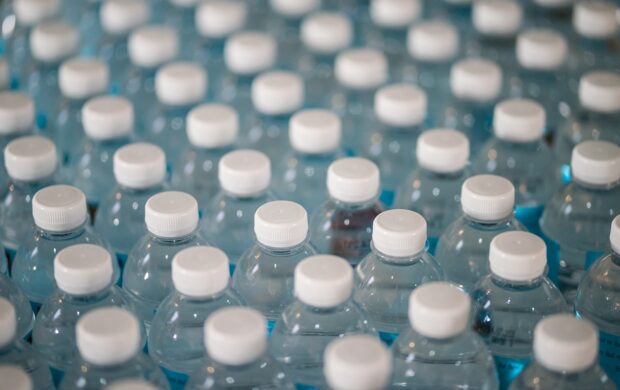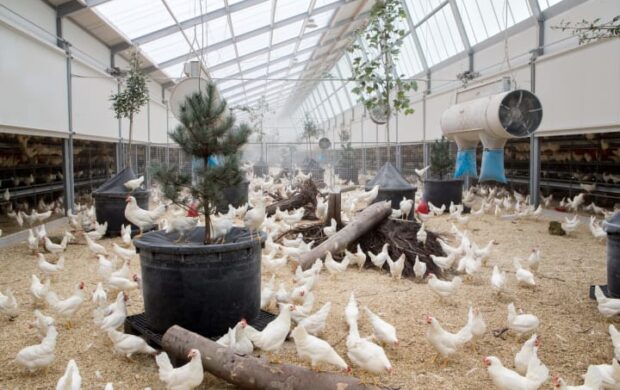A clam fishery in the Ashtamudi estuary in Kerala was recently awarded the Marine Stewardship Council’s ‘Blue Label’ certification for its successful transition to sustainable fishing practices. This makes it the first fishery of its kind in India and only the third in South and Southeast Asia. The certification is the result of a four year collaboration involving the Ashtamudi community, the Kerala State Fisheries Department, scientists from the Central Marine Fisheries Research Institute and WWF-India.
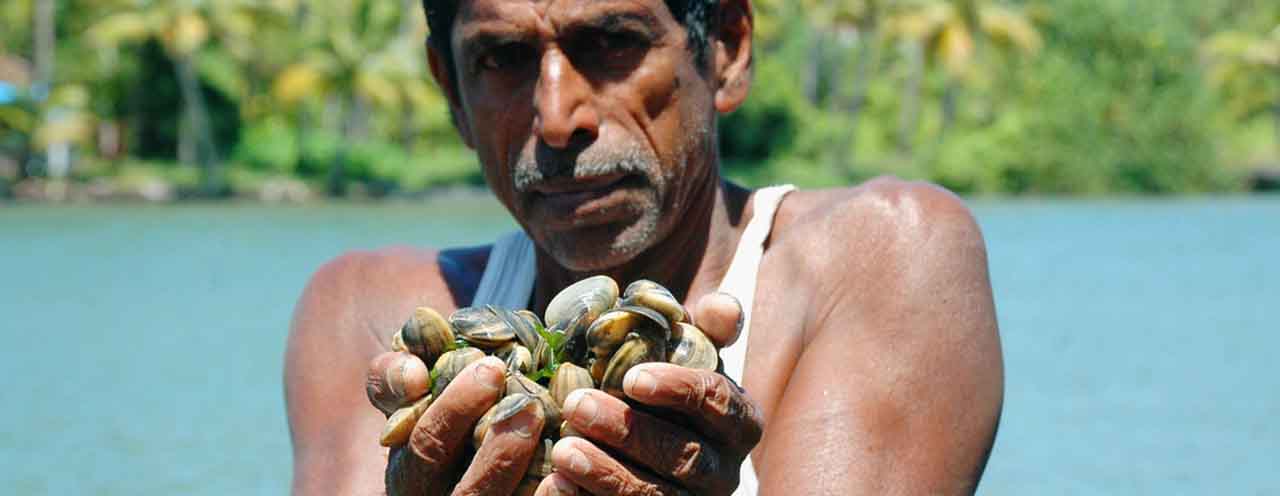
Ashtamudi is the second largest estuary in Kerala province and is home to the Ramsar Conservation site, an important area for migratory birds. Over 1000 fishers and their families rely on the estuary for a living. Traditional fishing there involved canoes and fishermen using their feet or small handheld nets to gather clams from the bottom of the estuary. During the 1980s, commercial fishing with mechanical methods allowed boats to gather large amounts of clams and work for longer hours. By 1991, the estuary’s annual output had peaked at 10,000 tonnes; it then fell to half of this amount two years later. As a result of overfishing, both the ecosystem and the fishing community began to struggle.
The collaboration between the MSC and the Ashtamudi fishing community has led to the design of practices which have successfully replenished clam stocks. These included closure of the fishery for three months during the clam breeding season, ensuring that fishermen now leave immature clams in the water to breed in future and the banning of mechanical fishing methods in the estuary. The community itself has now set up patrols to ensure these standards are maintained.

